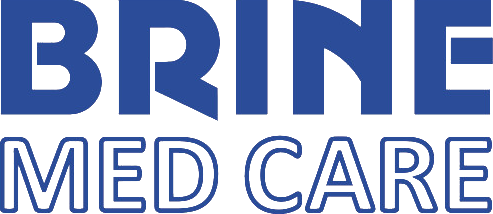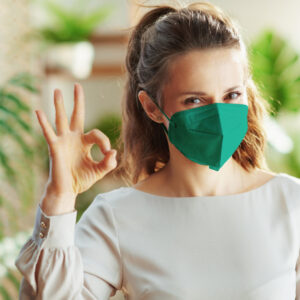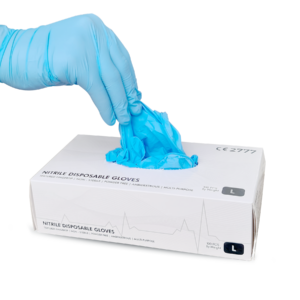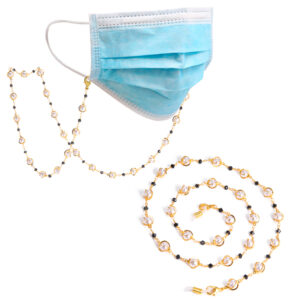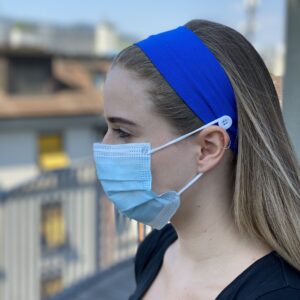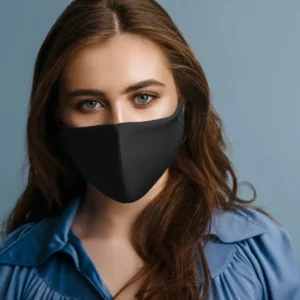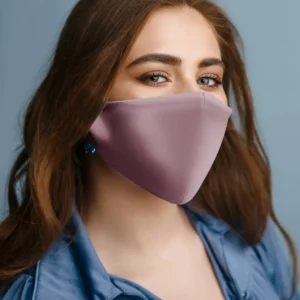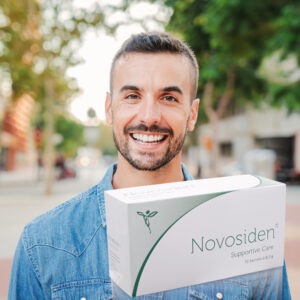Corona Virus
Coronaviruses are a family of viruses known to contain strains that cause potentially fatal diseases in mammals and birds. In humans, they are typically spread via airborne droplets of fluid produced by infected individuals. Of the seven coronaviruses known to infect humans, four spread with seasonal regularity, causing everything from mild cold-like symptoms to flu-like symptoms. A few more notable strains, including SARS-CoV-2 (responsible for COVID-19) and those responsible for severe acute respiratory syndrome (SARS) and Middle East respiratory syndrome (MERS), can cause death in humans. The cause of death is complex, but is typically the result of heightened immune responses that cause damage to multiple systems in the body.
A safe and effective vaccine will provide individual protection against COVID-19. It will also provide greater protection for our loved ones and communities. You can choose to be vaccinated or not. You will receive information about the vaccine to help you decide if you have concerns. Everyone receives two doses of the vaccine, but you will have a high level of protection after the first dose. You will be called back in for the second dose within 12 weeks of the first dose. When you get vaccinated against COVID-19, you will receive a credit card-sized vaccination card from NHS Wales. This will serve as a reminder of your second dose and will also contain information on how to report any side effects.
Corona vaccination
If you have had a severe allergic reaction (anaphylaxis) or an immediate allergic reaction to any ingredient in the vaccine you are to receive, you should not receive this vaccine. If you have been instructed not to receive one type of COVID-19 vaccine, you may still receive another type. Learn more information for people with allergies. You should receive your second vaccination as close to the recommended 3-week or 4-week interval as possible. However, your second vaccination can be given up to 6 weeks (42 days) after your first dose if needed. The disease caused by the SARS-CoV-2 coronavirus affects people around the world. However, companies and research institutes are developing vaccines. Two vaccines have now been approved in the EU.
Since January 2020, at least 246 vaccine projects against covid-19 have been launched: The World Health Organization (WHO) currently counts 235 (as of Jan. 12, 2021). In addition, there are at least 11 other projects that it does not yet list. Until a few years ago, it would have taken 15 to 20 years from virus analysis to vaccine approval. New technologies and previous experience with vaccine projects against related viruses (see below) are enabling a tremendous acceleration. Two vaccines have already been approved, and many others are currently being tested in volunteers, with some already in final Phase III trials. As COVID-19 spreads disease, death, and disaster around the world, virtually no industry has been spared. But amid the chaos of the global pandemic, there is one industry that is not only surviving, but profiting handsomely.
First, it is important to understand the difference between drugs and vaccines. Medications are generally administered to treat a medical problem, while vaccines are classically administered to prevent a medical problem from occurring. Vaccines expose the immune system to harmless viruses or bacteria (or even small parts of them). The body’s defenses recognize them as invaders and learn to fight them. Then, if the body is ever truly exposed, it already knows how to fight the infection. The problem is making sure the vaccine reaches everyone who needs it. But in a pandemic, countries also have to compete with each other for drugs. During the H1N1 flu (swine flu) pandemic in 2009, for example, vaccine supplies were bought up by countries that could afford them, while poorer countries went away empty-handed. But one could also imagine a scenario in which India – a major supplier of vaccines to developing countries

